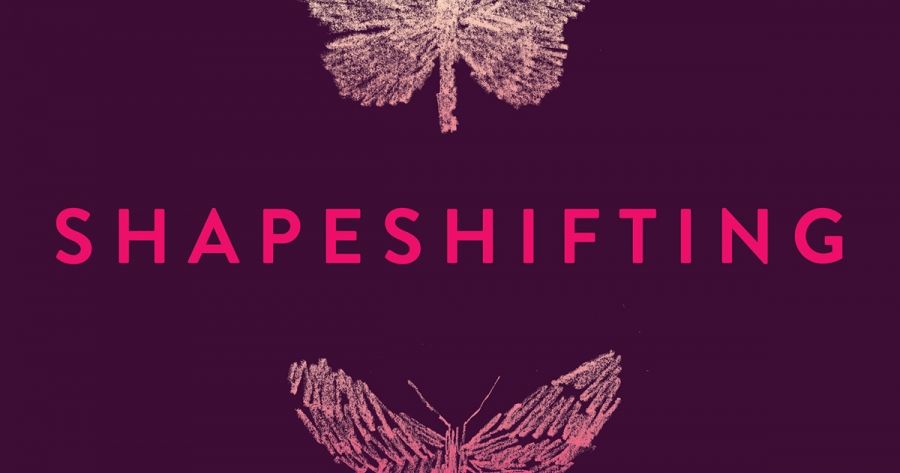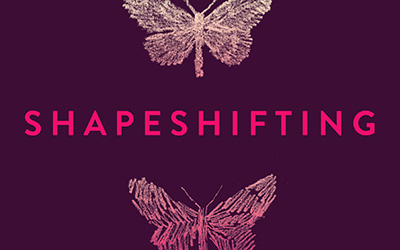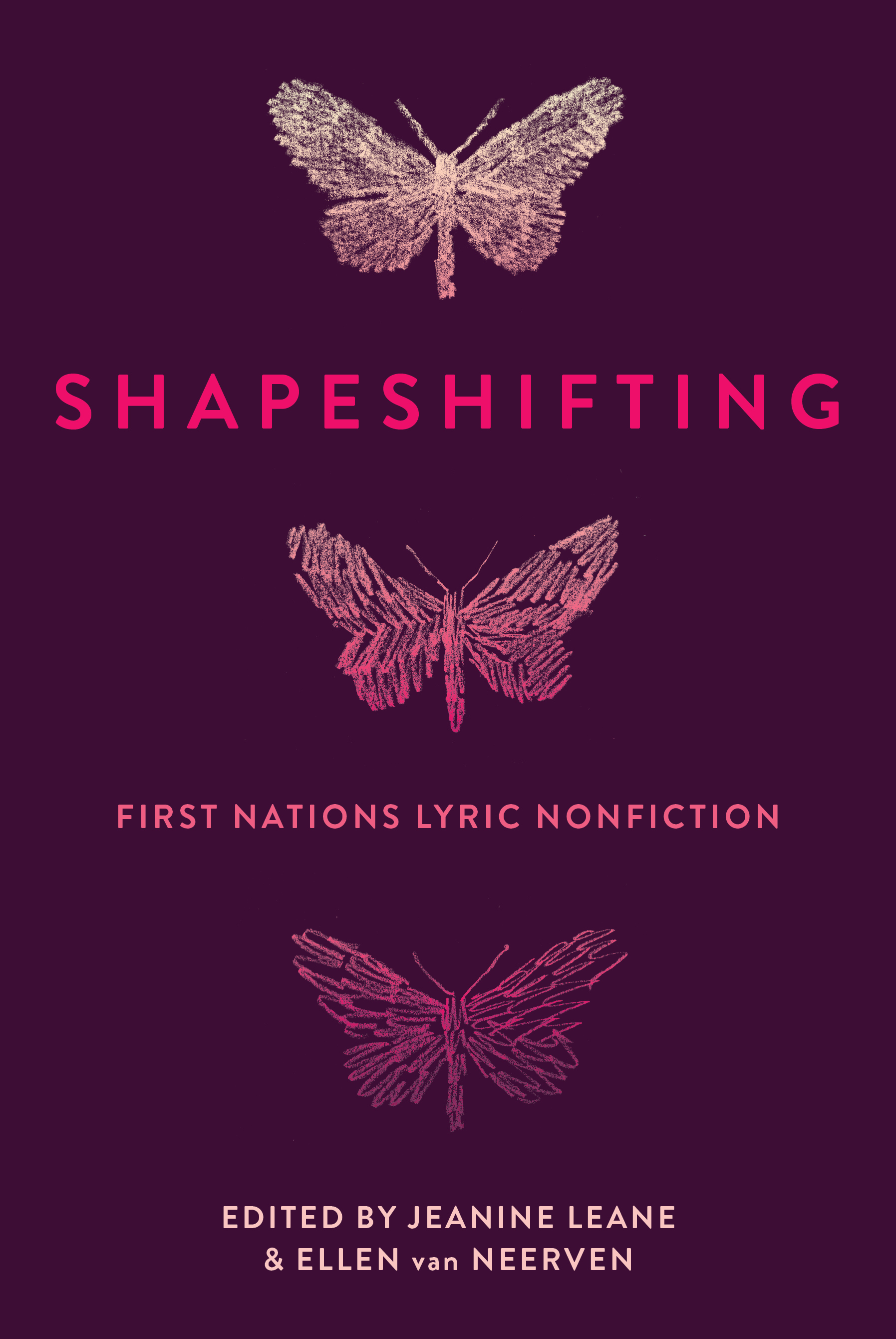
- Free Article: No
- Contents Category: Indigenous Studies
- Review Article: Yes
- Article Title: Longing for the lyric
- Article Subtitle: Provocative Indigenous visions
- Online Only: No
- Custom Highlight Text:
In the Zeitgeist of rising Trumpism, fascism, international paranoia about war and famine, a cataclysmic end of the planet’s climate, and the fatalistic zeal for Armageddon, this collection of essays and other non-fiction texts is welcome. We can concentrate on the Indigenous personal and provocative visions that impact on Australian literature.
- Featured Image (400px * 250px):

- Alt Tag (Featured Image): Julie Janson reviews ‘Shapeshifting: First Nations lyric nonfiction’ edited by Jeanine Leane and Ellen van Neerven
- Book 1 Title: Shapeshifting
- Book 1 Subtitle: First Nations lyric nonfiction
- Book 1 Biblio: University of Queensland Press, $34.99 pb, 278 pp
- Book 1 Cover Small (400 x 600):

- Book 1 Cover (800 x 1200):

- Book 1 Readings Link: https://www.readings.com.au/product/9780702268366/shapeshifting--jeanine-leane-ellen-van-neerven--2024--9780702268366#rac:jokjjzr6ly9m
Many of the non-fiction contributions have an academic flavour, abounding in quotations from international scholars. However, with the luminous Daniel Browning the lyrical emerges in all his glorious self-examination and exhumation of sexuality and lost love. ‘I have tried to answer with poetry a question that goes to the core of me, the question of a cultural precedent for homosexuality in traditional Bundjalung society.’ Browning springs into poetic action, ‘with a guttural hiss / and bifurcated tongue / that licks the air’. Ah, yes, we can rely on Browning to turn the page into the lyric – absurd, angry, sexy. A psychopathic darling-killer (editor) with a cut-throat razor, ‘bent on grammar, direct language and plain speaking’, is what he cries out for. His beloved grandmother Mary, who gave him verses from the Bible to follow in life, writes: ‘I am sending you out like sheep among wolves. Therefore. Be as shrewd as snakes and as innocent as doves.’ Natalie Harkin in ‘Come Inside Into My Kitchen’ gives us more of the lyrical: ‘a persistent prickling of fine hair ... fury and haunted into action’.
Uncle Jim Everett’s essay ‘Elephant in the Room’ begins: ‘I am not Australia’s imagined Aboriginal, nor imagined Indigenous, and I do not identify as an Australian citizen. I am Plangermairreener, Pakana, from Meenamatta country. Lutruwita (north-east Tasmania).’ We plunge into Uncle Jim’s acknowledgment of his ancient lineage, with its deep resonance of colonialism and the repercussions of attempted genocide. He reminds us that there is no post-colonial era in Australia because there has been no ‘conciliation’ between First Nations peoples and the colonial (settler) nation of Australia. To read his words is to open the bleeding wound of recognition, the 2023 referendum having made it clear that a settler-dominated nation would never vote for Indigenous rights, no matter how earnestly and generously our Indigenous voices requested recognition in the Uluru Statement of the Heart. Everett argues that a Voice to Parliament would have embedded First Nations people’s subservience to a neo-colonial Australian parliament. He states: ‘We must be free to live with self-determination. We are Country and Country is Us!’
Timmah Ball, a Ballardong Noongar writer, explores her writing life in ‘A Selfish Act of Rebellion’. Working in an office, she feels adrift, ‘as if I’d lost something’. Their essay describes her awareness of ‘My own posturing and unconscious competitiveness in the dialogical zeitgeist, where artists presented another critique of capitalism or gentrification.’ She explores with sophistication a writer’s journey while sometimes envying other people’s success.
In public, Ellen van Neerven speaks and reads with a gentle clarity tinged with self-referencing, self-deprecating humour. In their own words, they are a ‘quiet and neurotic person’. Van Neerven’s presence soothes, and the poignant personal words enrapture the audience. They seem to have a light within them, bringing Black and White together. Their contribution to this collection is more political. Van Neerven writes of their ‘copious desire to liberate myself and others from colonial expectations … I felt my back against a sharp whiteness [and] paternalistic patriarchal Eurocentric oppressions of the publishing world’. These are strong words from a poet and short-story prize-winner. Van Neerven unpacks the bitterness of Indigenous writers when ‘invited in’ and how ‘it was with silent expectation that they would play a predesigned part … settler publishing models determine which stories get to be told’. Their experimental writing seeks to challenge form and genre. They feel in the current war-torn Zeitgeist a need to offer gentle leadership, the word ‘gentle’ again etched in their persona of a First Nations writer.
Overall, Shapeshifting is wonderful and enriching – academic too, while claiming not to be. I wanted to see more of the raw truth, similar to what Jeanine Leane illuminated in ‘Power of Balance’, where she leads readers on a powerful, analytical journey of race and personal history.
Rhianna Patrick, in ‘Free’, asks ‘What would it be like to be allowed to get on with our Indigenous lives without having to educate others?’ Hugo Comisari wonders why he was bullied at school as a ‘classic Aborigine’ because of his lunch of white bread and cheese sandwiches. Neika Lehman’s ‘Imagining Beyond the Archive’ celebrates a ‘defiant child of imagination.’
Shapeshifting is a significant contribution to discourse on Indigenous voices and reveals an infusion of the lyrical. The collection also has excellent contributions from Indigenous writers Jennifer Kemarre Martiniello, Alison Whittaker, Charmaine Papertalk Green, and Melanie Saward.


Comments powered by CComment